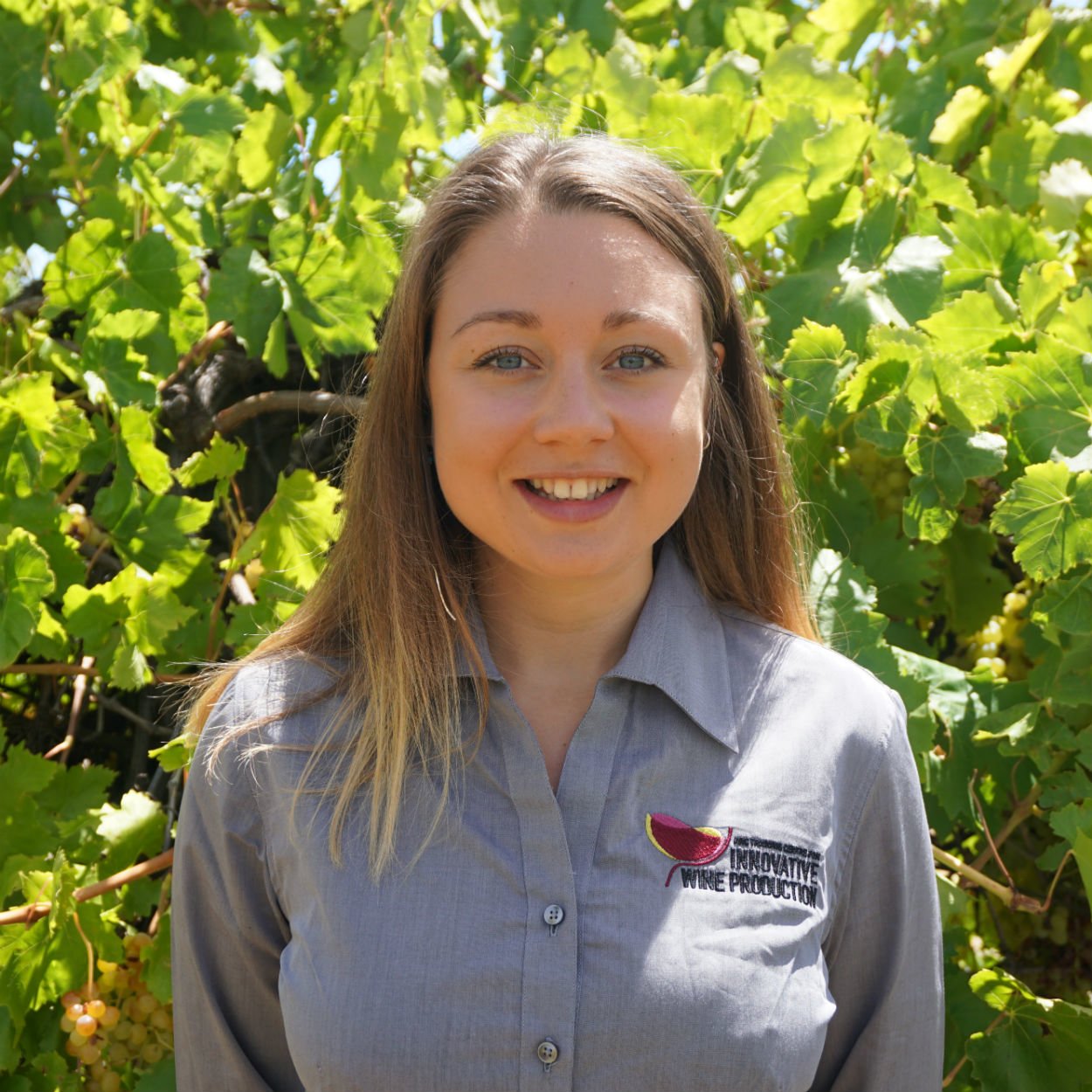Managing berry heterogeneity
Background
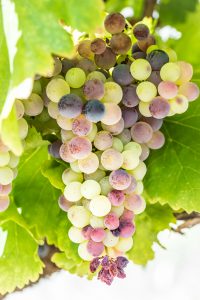
Photo: D-T. Pham
Uneven ripening and variability in berry size and composition can be detrimental to wine quality. Growers of premium grapes seek to minimise such heterogeneity by selectively thinning slow-developing berries or by sorting postharvest, which are costly and time consuming. Ideally, uniformity would be achieved by vineyard manipulations during ripening. A scoping project in the current ARC Training Centre for Innovative Wine Production points to the benefits of this approach: uniform berry size and composition (aromas, flavours, colour), delayed ripening to yield lower grape sugar (thus wine alcohol) content, and fewer losses due to ‘dropping’ or sorting fruit.
Objectives/aims
This project will define ways to decrease variability via grapevine cultural practices and to assess the effects of these practices on grape and wine composition and quality. Growers will get the best return from their blocks and consumers will see high quality and better value wines.
Key outputs from this project
Research Articles
Armstrong, C.E.J.; Previtali, P.; Boss, P.K.; Pagay, V.; Bramley, R.G.V.; Jeffery, D.W. (2023) Grape Heterogeneity Index: Assessment of Overall Grape Heterogeneity Using Aggregation of Multiple Indicators. Plants, 12, 1442, DOI 10.3390/plants12071442
Armstrong, C.E.J.; Niimi, J.; Boss, P.K.; Pagay, V.; Jeffery, D.W. (2023) Use of Machine Learning with Fused Spectral Data for Prediction of Product Sensory Characteristics: The Case of Grape to Wine. MDPI Foods, 12, 757, DOI 10.3390/foods12040757
CEJ Armstrong, AM Gilmore, PK Boss, V Pagay, DW Jeffery (2023) Machine Learning for Classifying and Predicting Grape Maturity Indices Using Absorbance and Fluorescence Spectra. Food Chemistry, 403, 134321, DOI 10.1016/j.foodchem.2022.134321
CEJ Armstrong, R Ristic, PK Boss, V Pagay, DW Jeffery (2021) Effect of grape heterogeneity on wine chemical composition and sensory attributes for Vitis vinifera cv. Cabernet Sauvignon. Australian Journal of Grape & Wine Research, 27 (2), 206-218, DOI 10.1111/ajgw.12469
Technical Note
What effect does grape maturity variability have on Cabernet Sauvignon wine chemical and sensory attributes? Read here.
Podcast
 Managing grape maturity variability. Australian Society of Viticulture & Oenology podcast series Grower, Maker, Researcher – Wine Industry Insights, 30 May 2022. Listen here.
Managing grape maturity variability. Australian Society of Viticulture & Oenology podcast series Grower, Maker, Researcher – Wine Industry Insights, 30 May 2022. Listen here.
ON THIS PAGE
Latest News
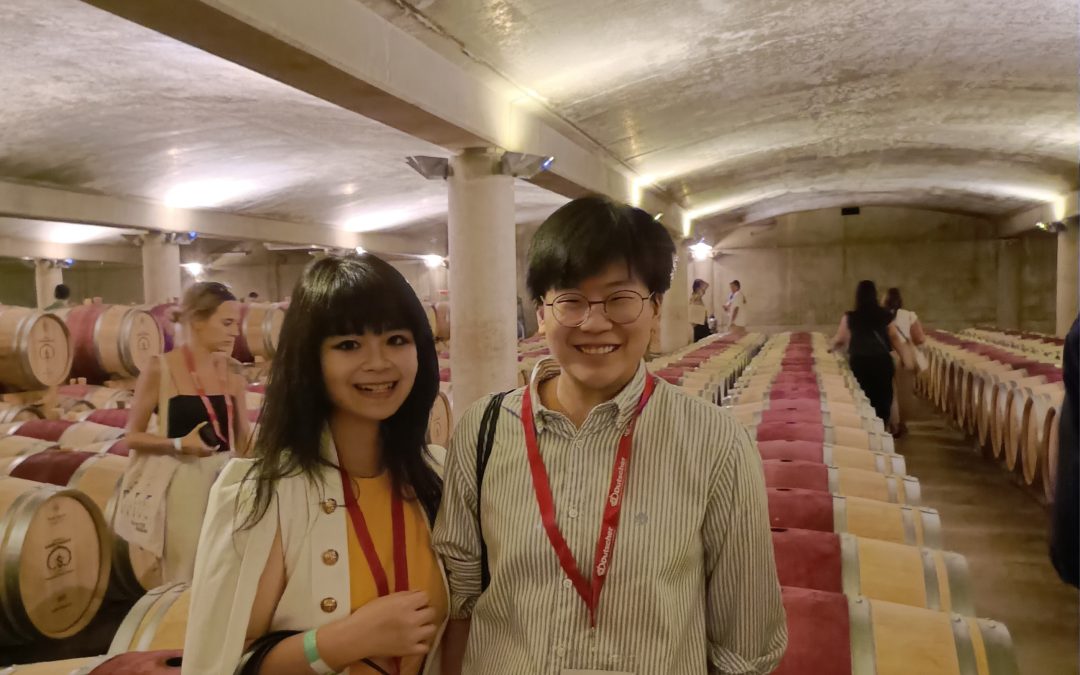
Macrowine Conference – Isara Vongluanngam
By Isara Vongluanngam Every two years, wine researchers from around the world come together to exchange their latest findings and knowledge at OenoMacrowine conference. This renowned international congress focuses on macromolecules and secondary Metabolites of vine...
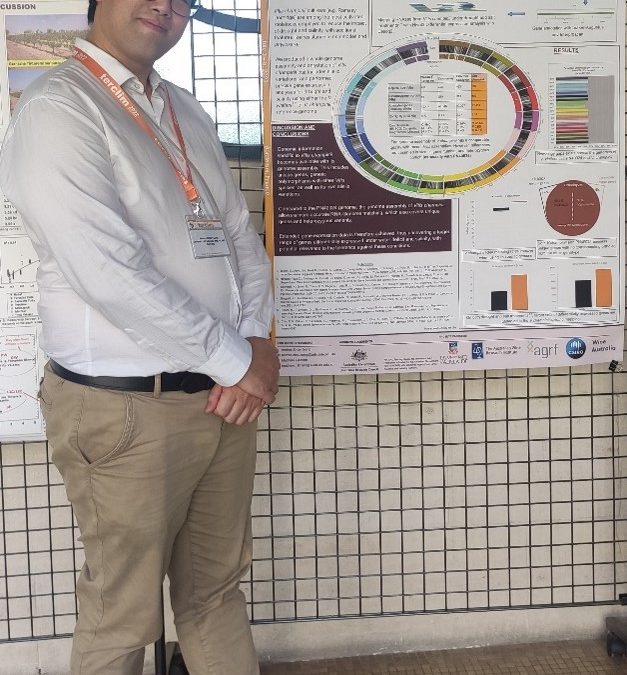
Andres Experience at Terclim 2022 | Bordeaux, France
By Andres Zhou Tsang I am sure many of the ARC Training Centre Members have very fond memories of the 13th International Terroir Congress, taking place in Adelaide back in 2020, which connected grape and wine scientists and industry leaders from all over...
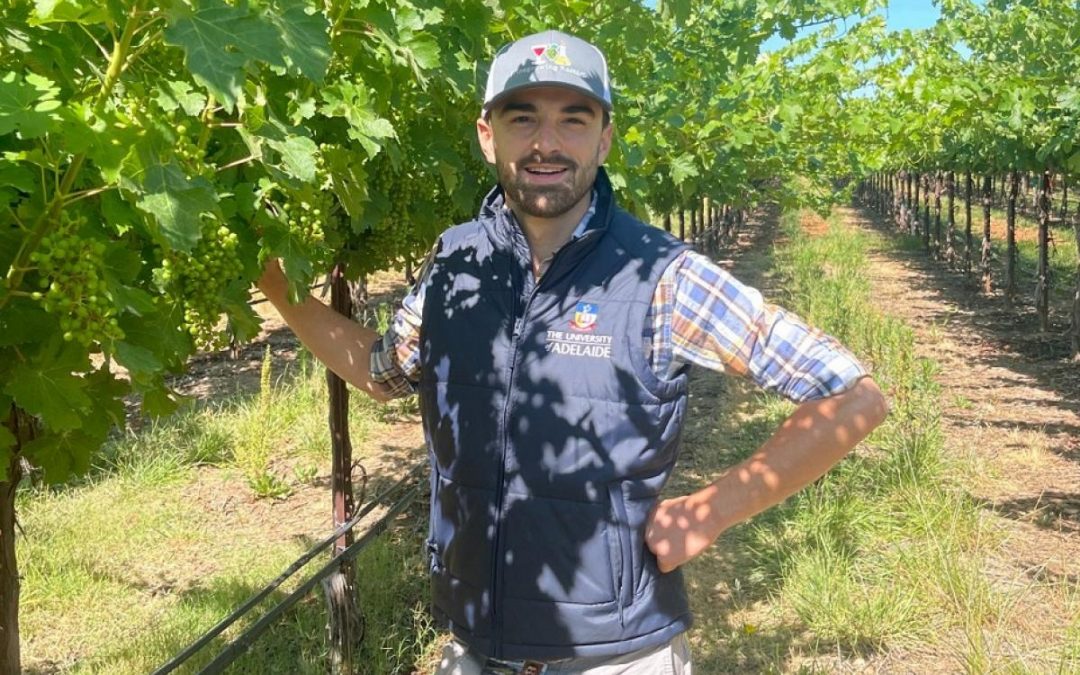
Delaying grapes from ripening results in more flavoursome wine
Republished with permission from The University of Adelaide Newsroom Researchers from the University of Adelaide have crunched the data on the best methods to delay grapes ripening on the vine, leading to better quality wine. “Our research focused on three...


